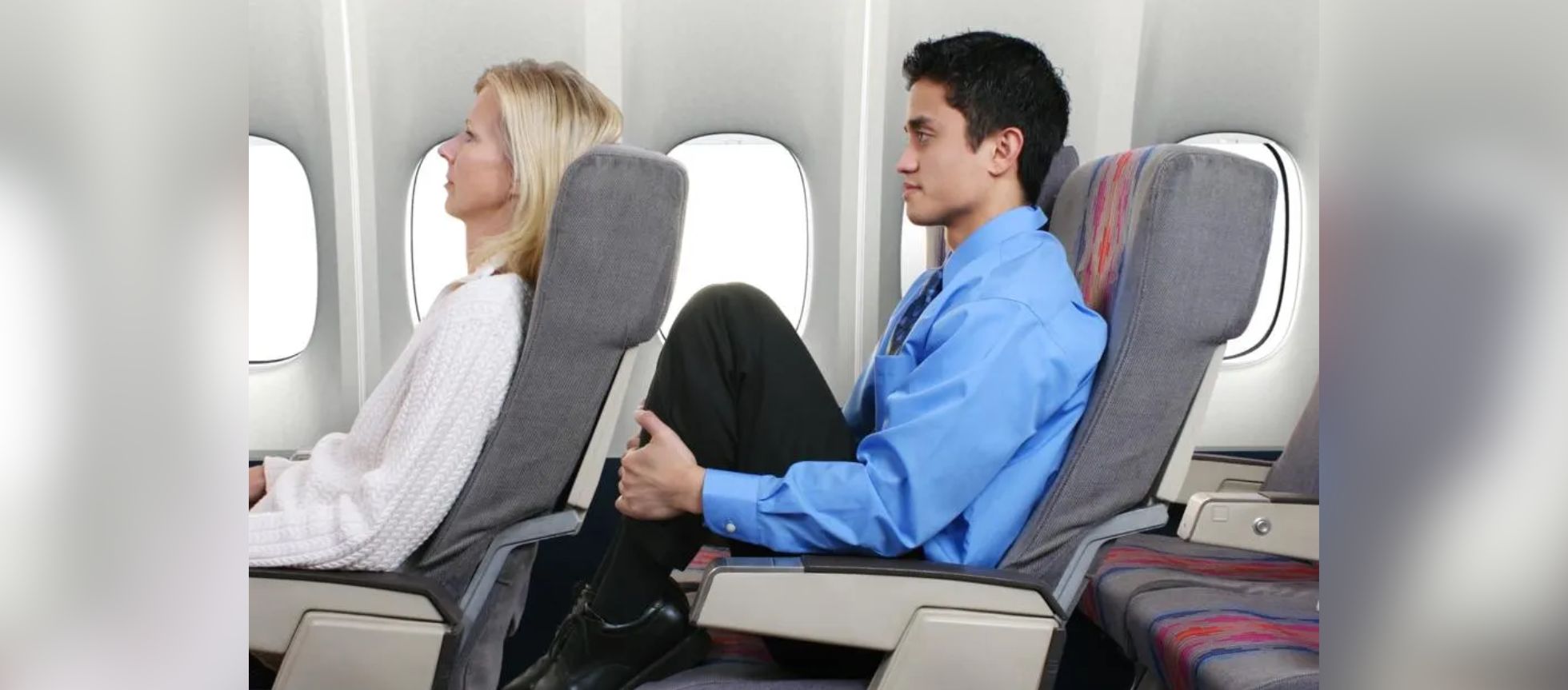Canadian airline WestJet has stirred up controversy in the aviation industry by announcing that passengers will need to pay extra for the privilege of reclining their seats during flights. The decision comes as part of a major cabin reconfiguration that the airline claims will benefit travelers, though critics are calling it nothing more than a revenue grab.
According to sources, under the new system, economy passengers will be stuck with what WestJet calls “fixed recline” seats. It is a euphemism for seats that simply cannot be adjusted at all.
According to the airline’s press release, this redesign features “new seats, adjustable headrests and enhanced cushion and back support with a fixed recline design.” Only passengers willing to upgrade to ‘Extended Comfort’ or ‘Premium’ categories will retain the ability to recline their seats.
WestJet defends the controversial change by arguing it will “preserve personal space” in economy class. The airline is also adding an extra row of seats, which they claim will reduce costs per seat. However, aviation experts aren’t buying this explanation.
John Gradek, a faculty lecturer in supply networks and aviation management at McGill University, didn’t mince words when describing the policy change. He called the decision a “cash grab” designed to “maximize revenue.”
The announcement has sparked fierce debate on social media, with most travelers expressing outrage over what they see as yet another way airlines are nickel-and-diming passengers. One frustrated customer wrote, “WestJet coming up with new ways to make flying suck worse – all so they can make more money.”
Another passenger, clearly fed up with the airline’s recent service issues, declared: “After being stranded for many days by WestJet on two separate occasions, and zero compensation, I have officially cancelled my WestJet MasterCard! I invite everyone else to do the same before the new higher card fees come into effect. Oh, and seats that don’t recline.”
However, not all travelers are opposed to the change. Some passengers actually welcome the elimination of reclining seats, particularly those who have suffered from cramped conditions when fellow travelers recline in front of them.
“We pay for a certain amount of space and I usually have the seat in front smashed into my knees,” one customer remarked, calling the change “good.” This sentiment reflects a common frustration among economy passengers who feel that reclining seats unfairly redistribute the already limited space in coach cabins.
Another supporter of the policy expressed similar relief: “Non reclining seats in economy on short flights? Hell ya! There’s simply not enough personal space or leg room, and I’m only 5’7. I approve.”
The move represents a broader trend in the airline industry, where carriers are constantly seeking new revenue streams through unbundling services that were once standard. What was once considered a basic feature of air travel – the ability to recline one’s seat – has now become a premium amenity that requires an additional purchase.
The debate highlights the ongoing tension between airlines’ need to remain profitable and passengers’ expectations for reasonable comfort during their journeys. While some travelers appreciate the potential reduction in seat conflicts, others view this as another step toward making economy class travel increasingly uncomfortable for those unwilling or unable to pay for upgrades.


